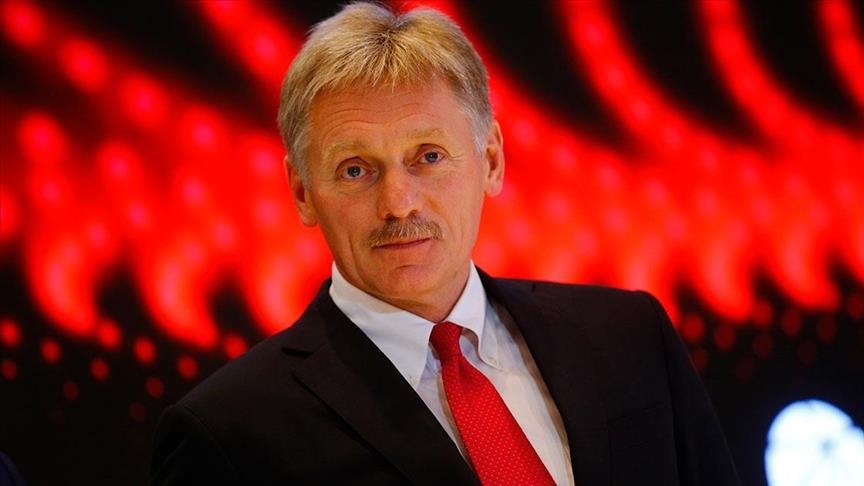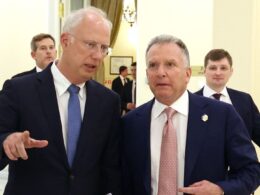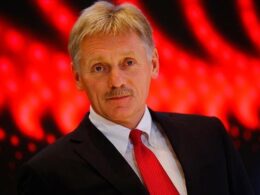Russia's Kremlin spokesperson Dmitry Peskov said on 30 April that Russia has the capacity to mobilize for war at a scale comparable to Soviet efforts during World War II if needed.
"If a great country needs to stand up, it will stand up at any moment. No one can have any doubts," Peskov said during a lecture at the Victory Museum in Moscow.
Peskov said that "millions" of Russians are already supporting the military campaign against Ukraine. This support includes collecting aid, sending equipment and ammunition to the front line with personal funds, and weaving camouflage nets.
The Wall Street Journal reported earlier that Russian authorities currently recruit between 30,000 to 40,000 people monthly into the army, according to sources familiar with US and EU intelligence.
NATO estimated Russia loses approximately 1,000 troops daily on the frontline. Ukraine's General Staff reported on 30 April that Russia has lost 951,960 troops since beginning its full-scale invasion on 24 February 2022.
Alexei Zhuravlev, Deputy Chairman of Russia's State Duma Defense Committee, said in January that a larger mobilization may be necessary to prepare for potential war with Western nations within the next three to four years.
Ukraine's Commander-in-Chief Oleksandr Syrskyi said earlier in April that Russia could mobilize up to 5 million trained reservists, with a total potential capacity of 20 million people.
Putin ordered the regular spring conscription of 160,000 men on 31 March. This represents Russia's largest conscription call in 14 years.
Head of Germany’s Federal Intelligence Service, said in an interview with Deutsche Welle Bruno Kahl said that Russia intends to test the unity of the West regarding NATO’s Article 5 on collective defense. Kahl said that Russian authorities may attempt to undermine Western nations’ commitment to upholding this principle.
Read also:
- Ukraine’s Intelligence: Russia reinforcing Crimea amid fears of losing control
- Russia may test NATO with limited attack, says German intelligence
- German intelligence chief warns Russia plans to test NATO’s Article 5 unity





